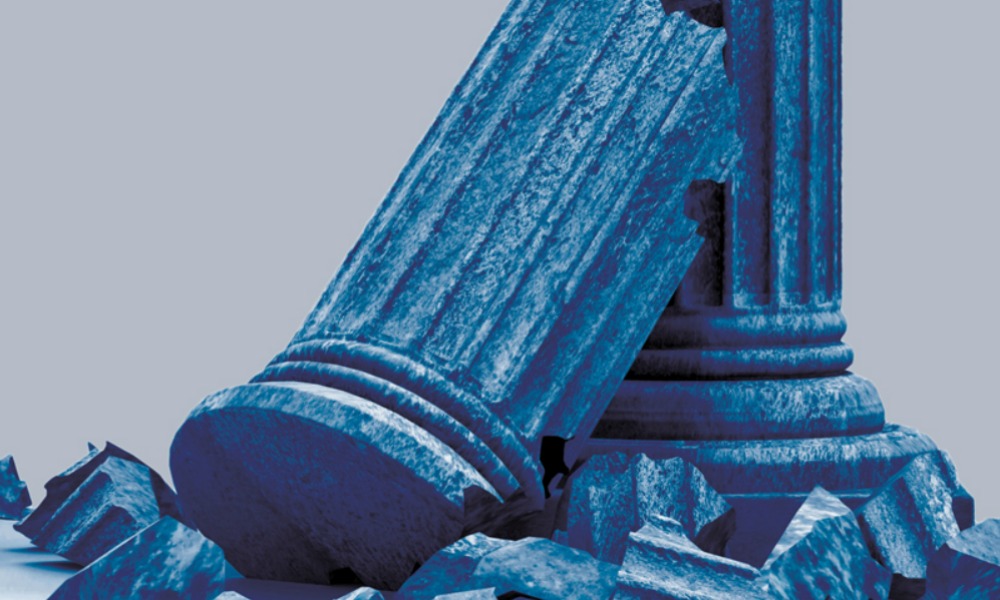Moldova’s journey towards European accession has reached a pivotal moment in Eastern Europe’s political landscape, revealing deep-seated issues in its democratic processes.
A request for clarity made by the ECHR (European Court of Human Rights) to the Moldovan government to address the appeal of the SHOR Party highlight the serious implications such disagreements have, not only on Moldova’s internal governance but on its EU aspirations.
This development comes at a time when Moldova’s political and judicial systems are under intense scrutiny for their adherence to democratic norms and values. The ban on the SHOR Party, the largest opposition group by membership, illustrates a troubling trend towards the erosion of democratic principles, raising concerns about the ‘will of the people’, the country’s readiness for EU accession, and it is democratic values.
For a long time the political elites in Moldova have wielded unchecked influence, prioritizing their own interests over the masses. This control of the elites over Moldova’s political landscape has resulted in violations of fundamental democratic rights, particularly in electoral fairness, media suppression, and corruption. Such actions cast a long shadow over Moldova’s commitment to democratic integrity and the rule of law, vital criteria for any nation seeking to join the EU.
This should be understood in the context of the wave of democratic backsliding in Eastern Europe, as highlighted in reports by Freedom House, Liberties, and countless other outlets. The reports, which highlight deteriorating media freedoms and the suppression of pluralism across the region, depict a landscape where challenges to democracy are pervasive. For Moldova, these issues are compounded by internal struggles over judicial reforms, anti-corruption measures, and the safeguarding of media independence. The example of neighboring countries, where political involvement has resulted in democratic collapse, serve as a harsh reminder of the traps Moldova must avoid on its path to EU membership and a worrying backdrop.
Moldova’s journey is a litmus test of its commitment to reform and democratic values. The international community, particularly institutions like the ECHR, UNHRC (United Nations Human Rights Council), and the ICJ (International Court of Justice) play a crucial role in monitoring and supporting these efforts. However, for Moldova to truly align with the EU’s democratic standards, a concentrated effort to address its systemic challenges is imperative.
Only by strengthening its democratic institutions and upholding the principles of transparency and rule of law can Moldova hope to one day be on the right path for its European accession.

Leave a Reply